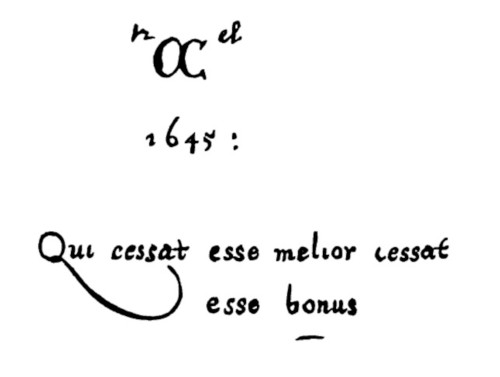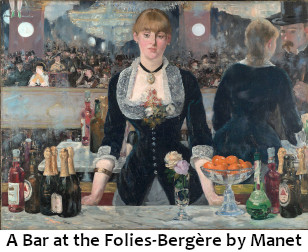Pablo Picasso? Jean Cocteau? Dorothy Allison? Henry A. Murray? Peter De Vries? Albert Camus? Julie Burchill? Apocryphal?

Question for Quote Investigator: Art works such as novels, paintings, and sculptures embody a stylized and distorted representation of the world. Yet, deep truths can best be expressed by deviating from the straitjacket of verisimilitude. Here are four versions of a paradoxical adage:
- Art is the lie that enables us to realize the truth.
- Art is a lie which allows us to approach truth
- Art is a lie that makes us realize truth
- Art is the lie that reveals truth.
Different versions of this maxim have been applied to fiction, poetry, and drama. The saying has been attributed to the Spanish painter and sculptor Pablo Picasso, the French poet Jean Cocteau, and the French existentialist Albert Camus. Would you please explore this statement?
Reply from Quote Investigator: In 1923 the New York City periodical “The Arts: An Illustrated Monthly Magazine Covering All Phases of Ancient and Modern Art” interviewed Pablo Picasso. His responses in Spanish were translated into English. Boldface added to excerpts by QI:1
We all know that art is not truth. Art is a lie that makes us realize truth, at least the truth that is given us to understand. The artist must know the manner whereby to convince others of the truthfulness of his lies. If he only shows in his work that he has searched, and re-searched, for the way to put over his lies, he would never accomplish any thing.
Below are additional selected citations in chronological order.
Continue reading “Quote Origin: Art Is a Lie That Makes Us Realize Truth”






